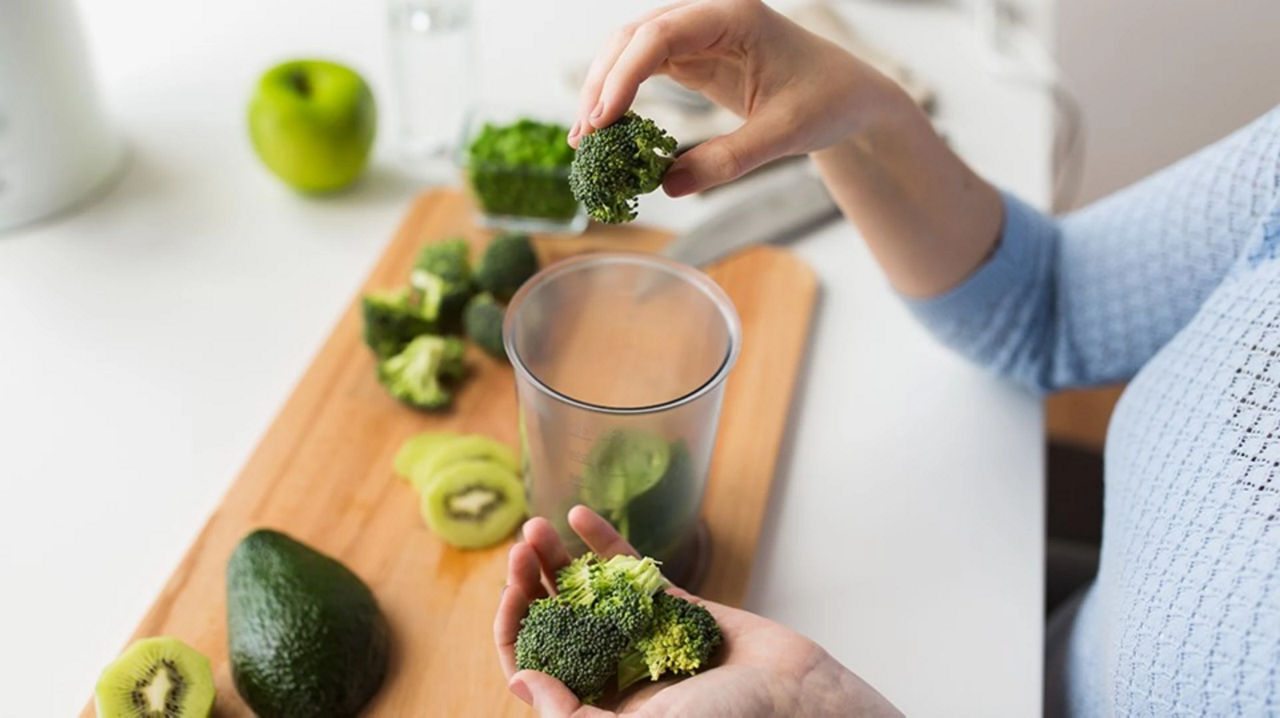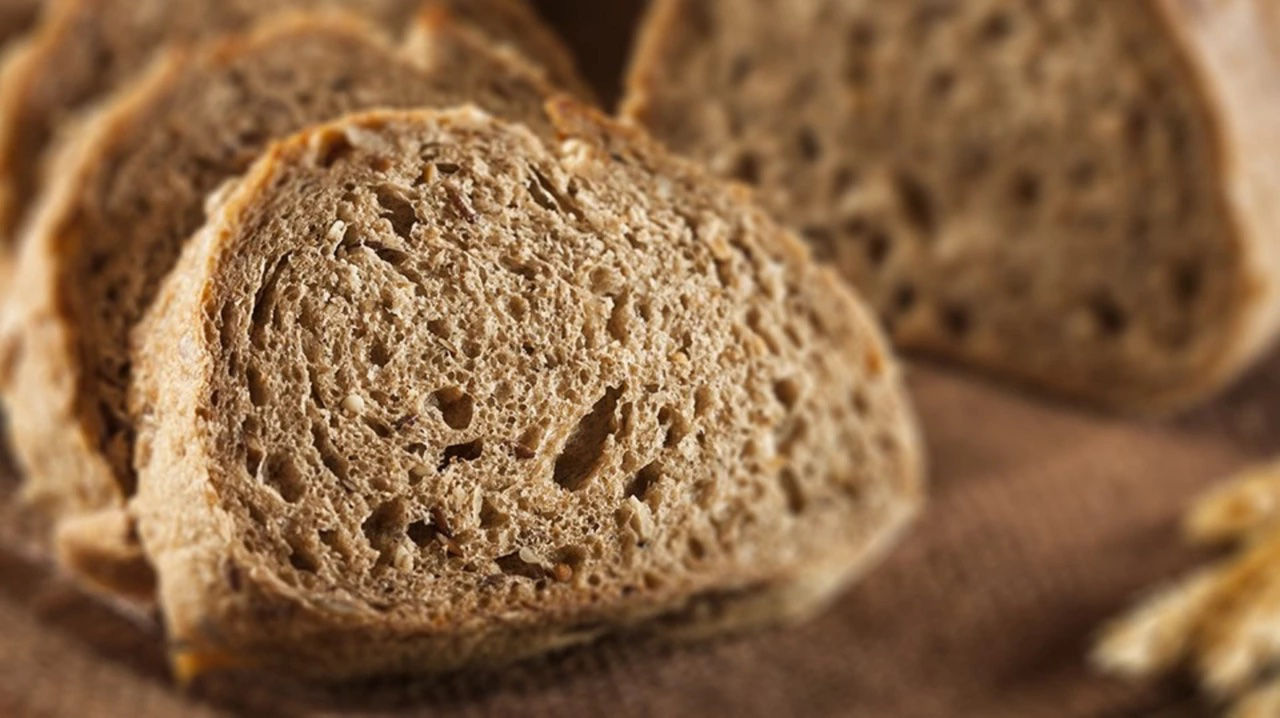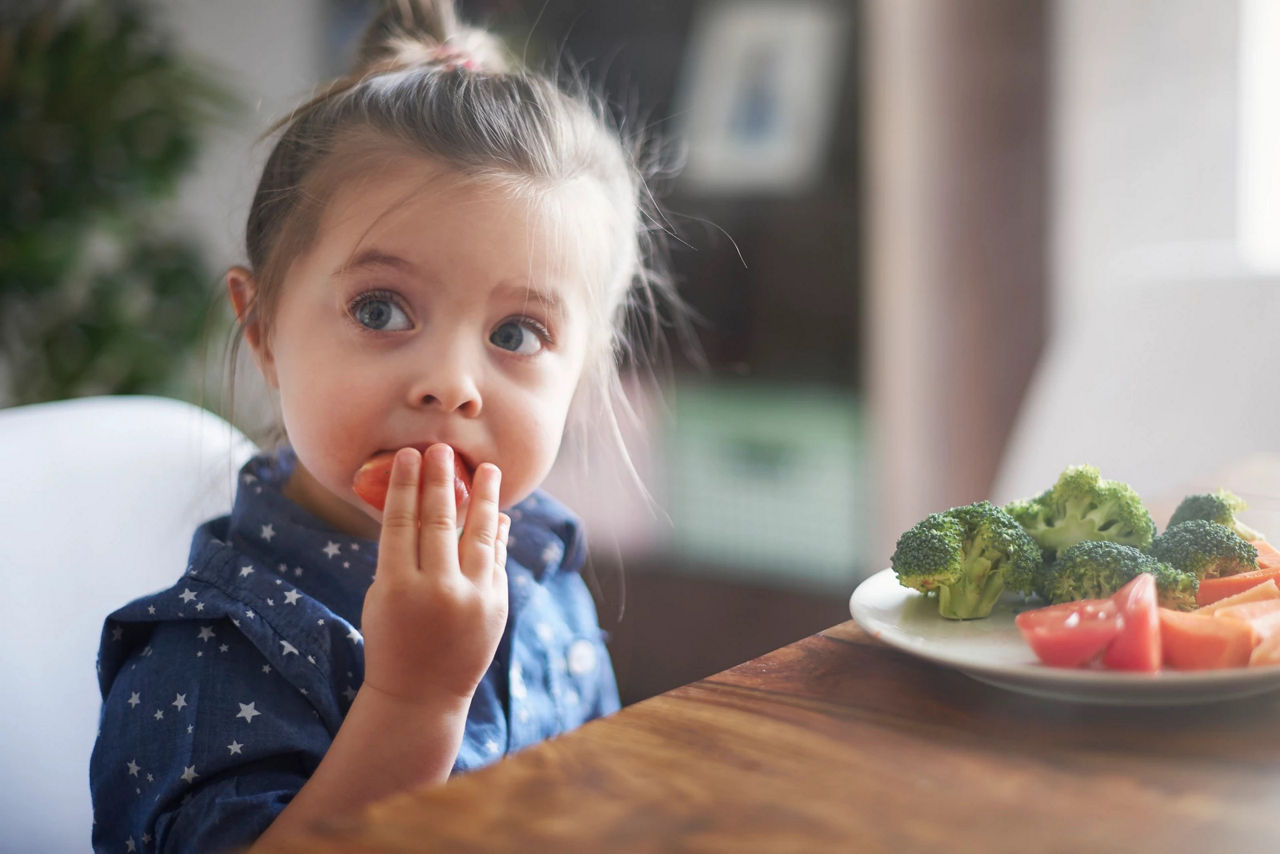Between the ages of 2 and 3 years old, your toddler will develop important skills and show you more of their unique personality. A steady supply of nutrients throughout this stage will help to fuel their learning and provide the energy they need to stay active and alert. Learn which nutrients are important at this time and how to ensure they get enough, even when they’re going through a fussy phase.
Toddler development: 24–36 months

Emotional times
Two doesn't have to be terrible
Your toddler’s development: 24–36 months old
Your toddler’s development continues at a rapid pace between their second and third birthdays. They are learning about themselves and their relationships to others and the world around them, while becoming much more physically able and confident.
By the time your toddler is 2 years old, you’ll probably be able to tell whether they are right- or left-handed. Their preference will have been decided when they were in the womb, but it can take a while to spot, as children generally use both hands equally as babies. Left-handedness is relatively uncommon, with only 7–10% of the adult population being left-handed.
Whichever hand your toddler prefers, they'll often use their dominant side to scribble, kick a ball and feed themselves. They may even be able to use their preferred hand to brush their teeth – with a little help.
Sometime between 2 and 3 years old, you may notice signs that your toddler is developing the skills and bladder control needed to use the potty. If they can tell you when they’ve got a wet or dirty nappy and start showing interest in the toilet, you may want to give it a try.
A healthy diet for your toddler’s ongoing development
Your toddler’s continual development between 24 and 36 months requires a steady supply of nutrients. Iron and vitamin D are two nutrients that are vital for this stage.
Iron is a mineral that helps transport oxygen around the body and contributes to your toddler’s brain development. Found in high levels in meat, oily fish and eggs, it is also available from plant sources, including beans and dark green, leafy vegetables.
Over 50% of toddlers under the age of 3 don’t get their recommended daily amount of iron, so every parent needs to be aware of this vital nutrient. Even if your child is being picky, try to encourage them to eat at least one iron-rich food every day. You can make iron-rich meats easy to eat by offering soft casseroles or stews or very thinly sliced meats. Vitamin C helps the body absorb iron, so serving vegetables with each meal, or fruit as a dessert will maximise their intake.
If your toddler refuses to eat iron-rich foods despite your best efforts at encouragement, an iron-enriched growing up milk can be an easier way to meet their needs.
The recommended daily amount of iron for toddlers aged 1–3 is 6.9mg.
Vitamin D is important for healthy bone development; it helps the body absorb calcium and phosphorus, which are vital for your 2-year-old’s growing bones. The body produces vitamin D in response to direct sunlight on the skin, but the UK’s latitude means that we lack sufficient UVB rays to produce it for about half of the year.
Food sources of vitamin D include meat, oily fish and fortified breakfast cereals. Including them in your child’s diet on a regular basis can help to increase their intake.
Many toddlers don’t get their recommended daily amounts of certain nutrients. That’s why the Department of Health advises that all toddlers should take a daily supplement to increase their intake of vitamins A, C and D.
Giving your child a growing up milk is another good way to supplement their diet – some varieties are fortified with vitamin D as well as other important nutrients.
 Overreactions can make children feel anxious, so try to avoid big outbursts: explaining your own emotions can be a good way to calm yourself and get some rational perspective on a situation
Overreactions can make children feel anxious, so try to avoid big outbursts: explaining your own emotions can be a good way to calm yourself and get some rational perspective on a situation
Encouraging healthy emotional development
Between 24 and 36 months, your toddler is at an important stage of emotional development. They are learning about feelings and becoming more empathetic to the feelings of others.
Sometimes, their emotions can run high, which can be scary for your toddler. They may occasionally experience more emotion than they can handle or communicate, and this can boil over into tantrums or even biting or kicking. This happens to most children at some point and the key is to stay calm. Overreactions can make children feel anxious, so try to avoid big outbursts: explaining your own emotions can be a good way to calm yourself and get some rational perspective on a situation.
You can help your toddler learn to cope by naming their emotions for them and letting them know it’s ok to feel anger, sadness or frustration. Being open about when you feel similar emotions can help them learn that everyone has feelings. The NSPCC has some excellent resources about encouraging good behaviour through positive parenting.
When your toddler’s development takes a step back
Toddlers can regress in their development from time to time. It may be a sign that they’re overwhelmed with the amount of development they’re going through or can be a reaction to a change, such as the arrival of a new sibling.
Normal toddler regressions include a talkative child reverting to pointing and crying all the time, a capable walker wanting to be carried everywhere, and a potty-trained toddler suddenly having more accidents. Don’t worry – regressions are temporary and with some extra attention and time, your toddler will be back on track.
Regressions are often a call for comfort or attention, and usually pass quickly.
The best way to respond to a regression is to acknowledge your child’s feelings. Ask questions to find out the cause of their worries or change in behaviour. Some one-to-one time is likely to provide the extra comfort your toddler needs to feel their usual self again.
Next steps
Increase your toddler’s intake of essential nutrients with the following foods:
For iron
- Homemade beef burgers
- Spinach and broccoli frittata
- Scrambled egg and sausage
- Baked beans on toast fingers
For vitamin D
- Tuna mayonnaise on a baked potato
- Hard-boiled egg slices
- Sardines in tomato sauce, mashed and stirred into spaghetti
Related articles

Need some help?
You can get quick answers to common questions in our FAQs.
Alternatively, if you need help with general pregnancy or baby advice, or maybe on using or ordering our products - our expert team are always on hand to talk about feeding your baby.
1. Child and youth health. Child development: 2-3 years [Online]. Available at: www.cyh.com/healthtopics/healthtopicdetails.aspx?p=114&np=122&id=1886 [Accessed May 2014]
2. NHS UK. Vitamins for children [Online]. 2013. Available at: www.nhs.uk/Conditions/pregnancy-and-baby/Pages/vitamins-for-children.aspx [Accessed May 2014]
3. Parliamentary briefing on vitamin D [Online]. Available at: www.pagb.co.uk/media/pdfs/VitaminDParliamentaryBriefing.pdf[Accessed May 2014]
Last reviewed: 26th August 2014





